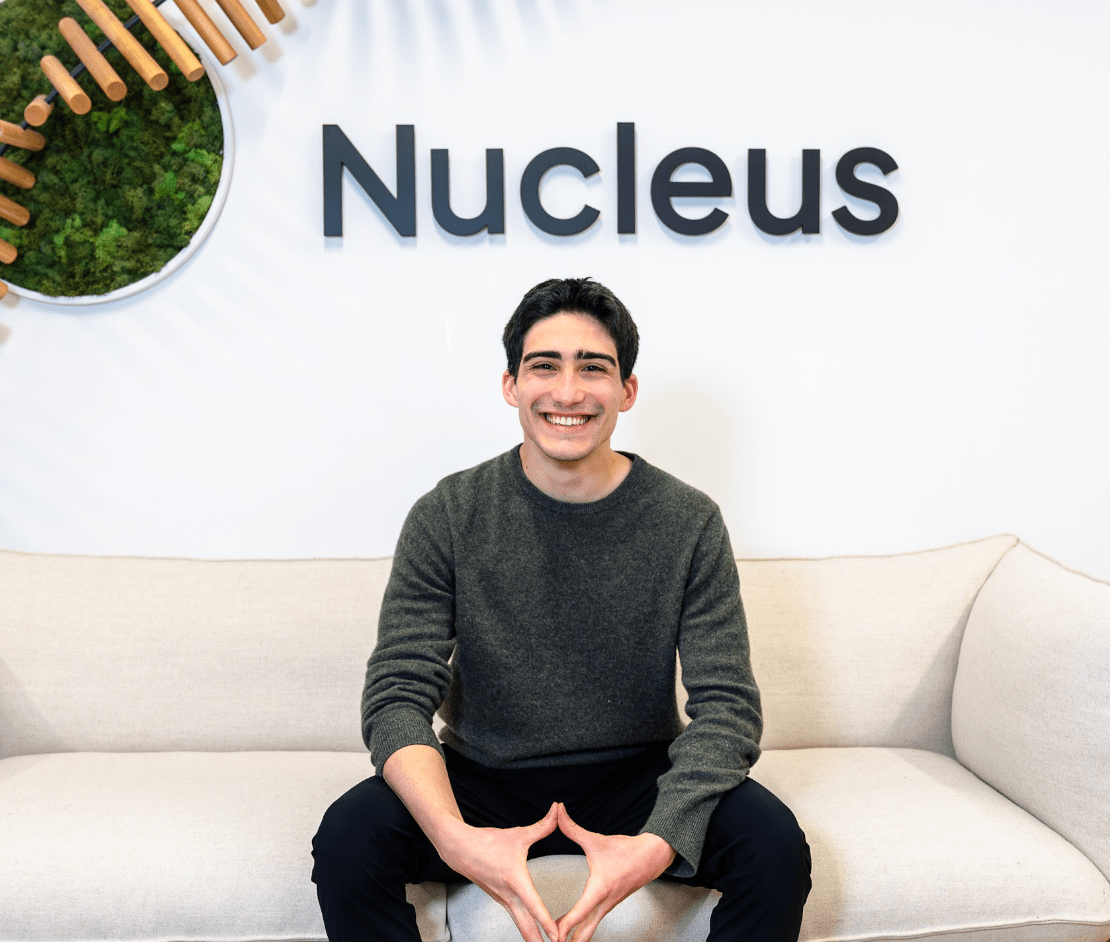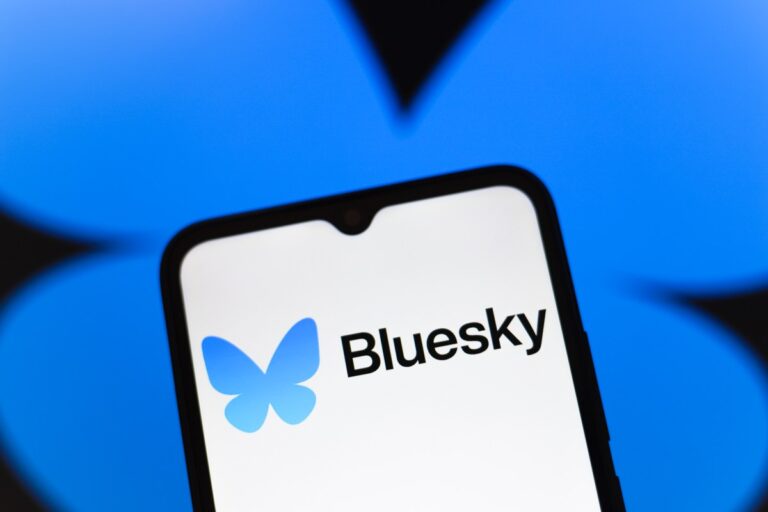Nucleus Genomics Secures $14M Series A Funding: The Controversial Genetics Testing Startup Revolutionizing Genomic Insights
Last week, Delian Asparouhov, a partner at Founders Fund, took a moment to explore his genetics using an innovative platform called Nucleus Genomics. This Founders Fund-backed startup specializes in DNA testing by analyzing saliva samples and correlating the results with extensive health-related data. Asparouhov’s findings revealed a predisposition to schizophrenia, a notably high IQ, and prostate cancer, leading him to reflect, “Bummer.”
Transforming Genetic Testing with Nucleus Genomics
If Asparouhov’s reaction appears casual, it’s because he and the Nucleus team have larger ambitions in mind. They envision a future where medical treatments are customized based on genetic information, where prospective parents undergo DNA testing before having children, and where dating apps could incorporate genetic simulations to predict potential offspring traits.
Funding for Genetic Innovation
Recently, Nucleus Genomics took a significant step toward this future by securing a$14 million Series A funding, raising its total investment to approximately $32 million. Notable investors, including Alexis Ohanian’s Seven Seven Six and SpaceX alum Achal Upadhyaya, have shown support for the vision of accessible genetic testing.
The Future of DNA Testing
Kian Sadeghi, the 25-year-old founder of Nucleus, emphasized the importance of DNA testing by stating, “DNA is actually the kind of ultimate health test.” With a simple saliva swab, users can receive analysis on over 800 health conditions, a number that is expected to grow rapidly in the coming months to include nearly all common and rare diseases.
- Cost of Sequencing: The expense of genome sequencing has dramatically decreased, from nearly $1 million in 2007 to just $400 today.
- Expert Team: Nucleus employs a team of PhDs and genetic specialists to analyze results and provide insights into potential health risks.
- Future Projections: Sadeghi predicts that within five years, the cost of genome sequencing will be minimal, allowing individuals to store their genomic data on their smartphones.
The Inspiration Behind Nucleus
Sadeghi’s journey into the world of genetics was sparked by personal tragedy. Following the unexpected death of his cousin due to an unknown genetic condition, he redirected his life’s focus. He dropped out of college, dedicating his time to meditation and brainstorming ideas related to genetic research.
Controversies in Genetic Testing
Last year, Nucleus launched Nucleus IQ, which assesses users’ genetic correlations with high intelligence markers. However, Sadeghi acknowledges the ongoing debates surrounding the relationship between genetics and intelligence and stresses that environment plays a crucial role as well.
Critics, including geneticist Sasha Gusev, have raised concerns about the accuracy and implications of Nucleus’s IQ assessments. In contrast, Sadeghi and Asparouhov advocate for the public’s right to comprehensive genetic information. Asparouhov notes, “If we can recognize genetic advantages in athletes, why not in IQ?”
Enhancing Genetic Insights
As Nucleus continues to grow its customer base, the insights generated will become increasingly refined. Asparouhov envisions features like phenotypic reporting, where users can provide additional traits that may enhance the accuracy of the model.
For more information on genetic testing and its implications, you can explore resources at GenomeWeb or check out related articles on NCBI.







